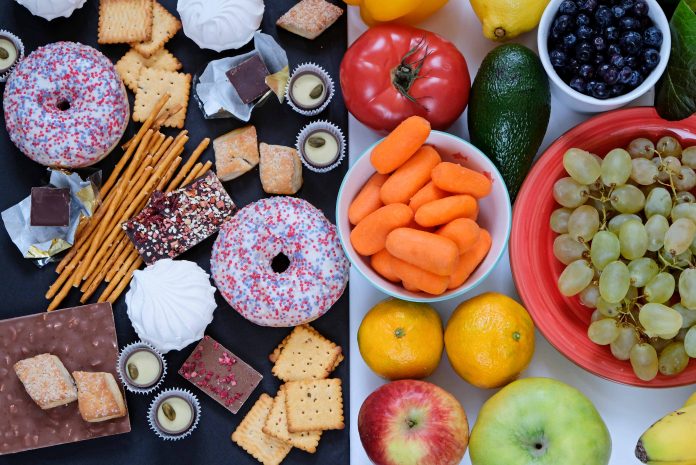The CSIRO has released the CSIRO Health Diet Score report, which canvassed the dietary habits of over 235,000 adults across the country between 2015-2023.
The results found an average diet score of 55 out of 100, highlighting that most Australians are at risk from their eating habits.
Dr Gilly Hendrie CSIRO Research Scientist and co-author of the CSIRO Healthy Diet Score report, said although Australians are often perceived as fit and healthy, the low collective score shows that we just hit the pass mark on adopting national dietary recommendations.
When it comes to dietary performance, Australians fall short when it comes to discretionary, or junk foods.
Construction workers were among those with the poorest diets (51/100), while retired Australians and those working in the fitness industry reported some of the healthiest eating patterns (59/100).
Those working in construction and the beauty/fashion industry reported the highest discretionary food consumption, at around 45 serves per week.
The report also showed that while women only have a slightly better diet quality than men (56 v 53/100), their vegetable intake is markedly higher (62 vs 54/100).
“The good news is that a healthy diet can be achieved with some simple changes,” Dr Hendrie said.
“The things to keep in mind is reduce, increase and add variety. In other words, reduce the amount of discretionary foods being consumed, increase healthy foods including fruit and dairy and alternatives, and aim for variety by eating three or more different types of vegetables with your main meal.
“Improving our collective score is important to increasing our wellbeing, tackling Australia’s obesity crisis, and mitigating lifestyle diseases such as heart disease, Type 2 diabetes and some cancers.”
CSIRO is calling on all Australians to take the free, online Healthy Diet Score assessment, which both evaluates diet quality and identifies individual areas of improvement.
“It is clear that we have a long way to go. As a nation, we need to be eating better. We encourage people to take the test and improve their understanding of how their diet stacks up. It’s never too late to improve eating behaviour and overall health and wellbeing,” Dr Hendrie said.








